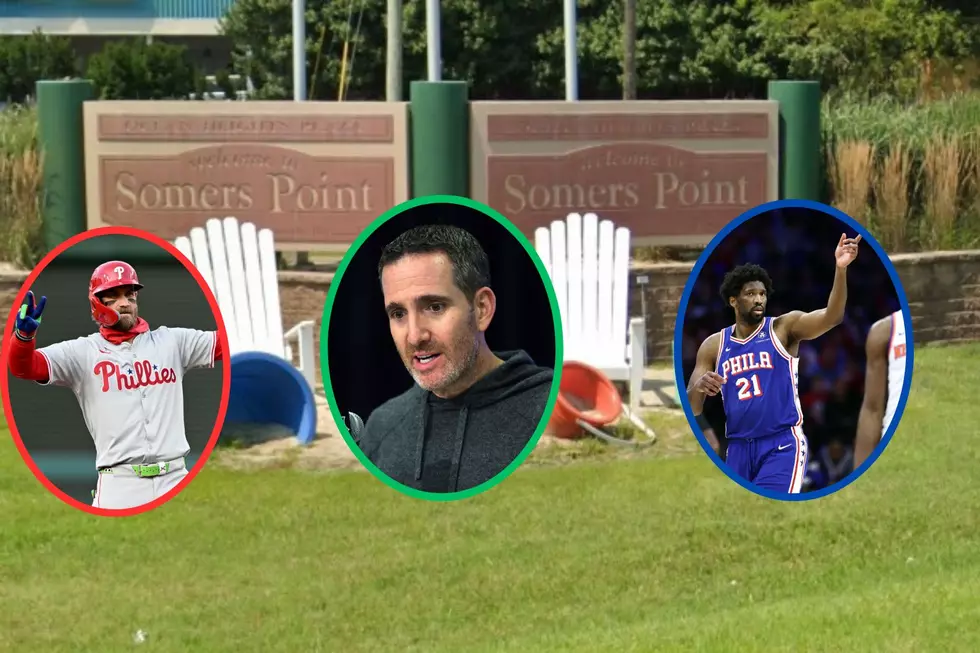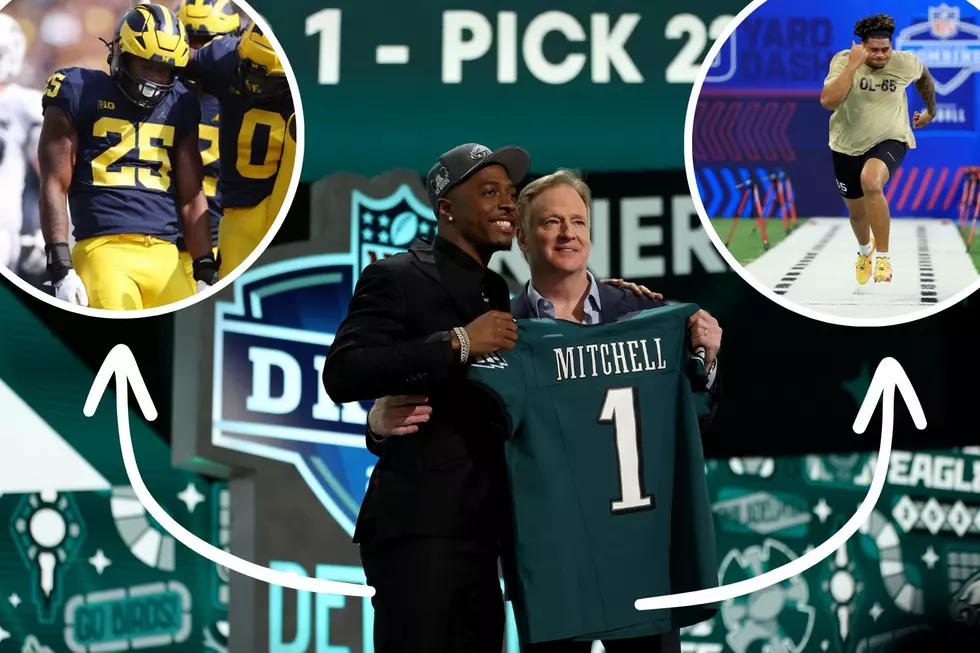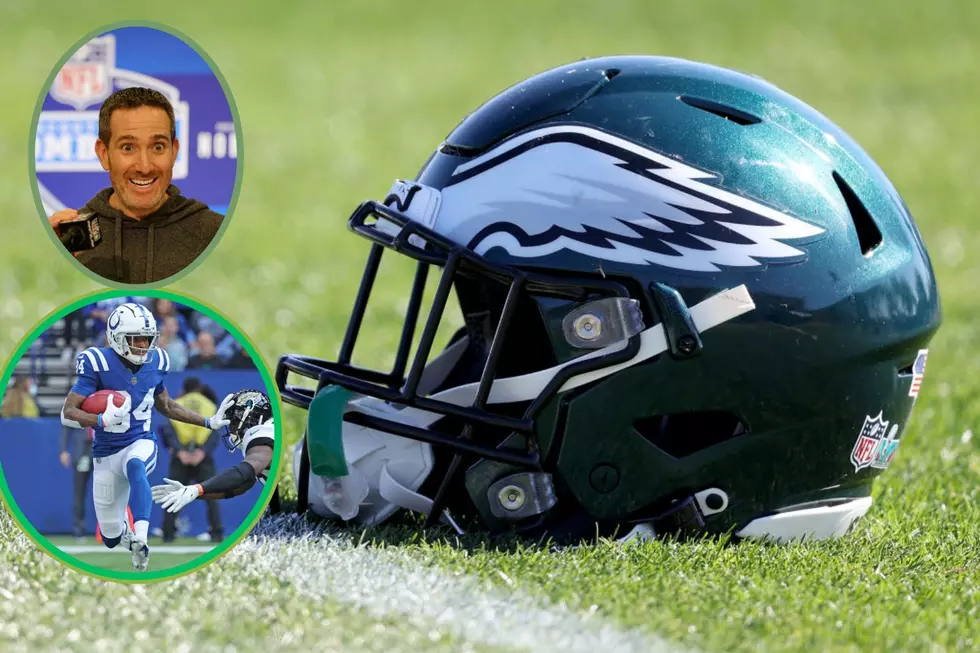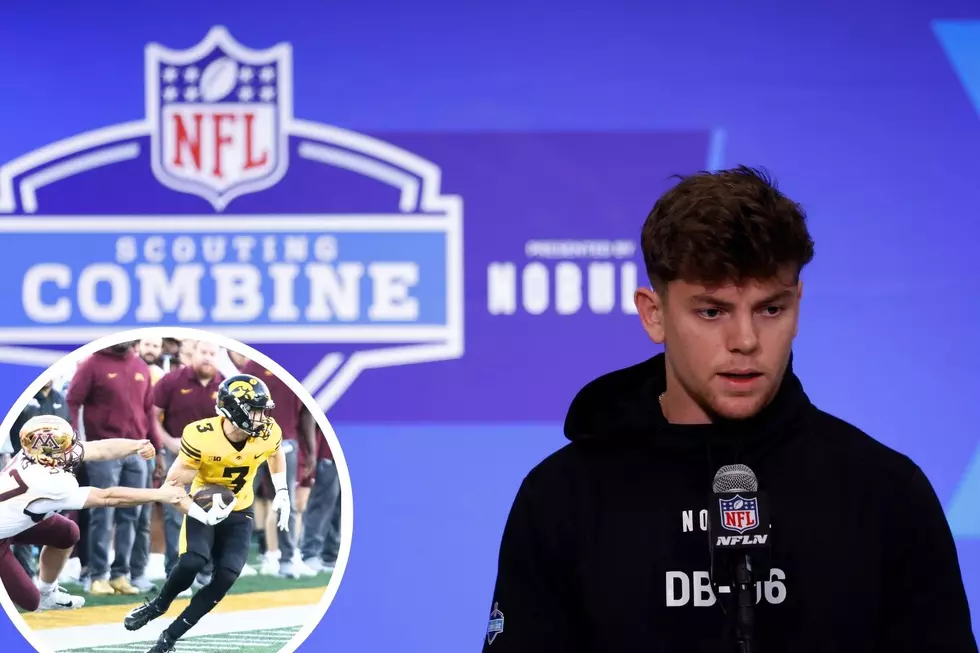
Top Three Eagles Downfalls in 2015
Whether you are a disgruntled or numb Eagles fan after their loss to the Redskins on Saturday night, 36 hours seems to be enough time to come to grips with the reality: another year without a postseason for the Philadelphia Eagles. While hindsight is always 20/20 vision, there are a few things we can take from the Eagles 2015 season that need to be fixed if this team is to be more successful in 2016:
Problem 1: Offensive Line Under Performed
Solution: Invest money and draft picks on offensive lineman
Why: While many "experts" expected the Eagles offensive line to be good enough to win the NFC East, the truth is that both the Eagles organization and the prognosticators misjudged the unit tasked to protect the Quarterback and open holes for Running Backs. Despite being selected to the Pro Bowl, Left tackle Jason Peters looked slower and less agile than years past in 2015. Center Jason Kelce came into camp lighter in weight and that affected his performance against physical defensive lineman. Meanwhile the offensive guards played sub par by NFL standards. The only member of the Eagles offensive line that deserves any credit is Lane Johnson who played solid overall while playing both Right and Left Tackle over the course of the 2015 season
You look at the best teams in the NFL, like the Cardinals to the Bengals, all can thank their Offensive Line play for putting their offenses in a position to be successful each week. The current hot streak by the resurgent Seattle Seahawks can be directly correlated with better offensive line play allowing Russell Wilson more time to pick apart opposing defenses
The Eagles at the least need to upgrade at both Guard positions. Jason Kelce is 28 years old so he is still young enough to be worked with at improving his strength and footwork to get him back to playing as well as he did when he was a 2014 Pro Bowl selection.
Jason Peters is the elephant in the room with three years remaining on his contract that is back loaded with big money. His Base Salary for the next three seasons is as follows:
2016: 7.55 Million
2017: 9.95 Million
2018: 10 Million
For an offensive lineman entering his mid-30's who is showing signs of slowing down and playing below expectations, it may be time for the Eagles to renegotiate his contract to save money against the cap or to let him walk and eat the three million cap hit. Lane Johnson showed this season he can play Left Tackle and it is fair to say at this point Johnson is a better option protecting the Quarterback's blind side than Peters
Problem 2: Too Much Money Invested In System Skill Players
Solution: Cut loose ends where possible
Why: When the Eagles gave Byron Maxwell a six year, 63 million dollar contract and Demarco Murray a five year, 40 million dollar contract it was done with the thought that these players would fill needs on this team. What we discovered is that both Murray and Maxwell were products of the systems they played in while with their previous teams. Murray was the leading rusher in the NFL while running behind a top notch offensive line and an above average Fullback. He is a downhill, power running back who has the most success with Dallas and Oklahoma running behind talented offensive lines. On the flip side Maxwell played on a defense in Seattle that is a very different than what Chip Kelly and Billy Davis run in Philadelphia. Maxwell in Seattle played more zone than man to man and you see in Eagles' Green that Maxwell lacks the hip flexibility, speed, and footwork to man up versus any of the NFL's top 30 Wide Receivers. Also Maxwell is a below average tackler compared to other NFL Cornerbacks, which is not a big deal if you play of a defense in Seattle in which both Safeties are very physical. In Philadelphia the Safeties play much less overlap zones which exposes Maxwell to being game planned against each week.
What makes the money spent on Murray and Maxwell more difficult to swallow is how Philadelphia mismanaged negotiations for their contracts. The Dead Cap hits for Murray and Maxwell total over 26 million dollars in 2016 and over 8 million in 2017. Also their Base Salaries total more than 15 million in 2016 and more than 17 million in 2017. This shows poor Salary Cap management by the Eagles Front Office and lack of foresight in understanding how such major commitments hurt future flexibility.
The Eagles overpaid for two positions that are interchangeable in the NFL. There are very few irreplaceable Running Backs in the NFL and most NFL Backs begin the slow down and become more injury prone as they enter their 30's. Meanwhile outside of the top ten Cornerbacks in the NFL, no one has the skill set to warrant being paid over 40 million dollars over the final five years of a six year deal. The fact that the Eagles have thrown money at players instead of investing in multiple positions of need is a sign of poor management of resources. And since there is ambiguity on who is actually in charge of personnel decisions in Philadelphia, I point the finger at the Eagles organization for such mismanagement.
Problem 3: Chip Kelly's Stubborn Dedication To His System
Solution: Adjust to the changing landscape of the NFL
Why: In most statistical categories the Philadelphia Eagles have digressed over the last two seasons in comparison with Chip Kelly's first season. The NFL has over two years of game tape of the Eagles under Kelly and they know the tendencies on both sides of the ball. When Chip Kelly was in college the landscape of College Football was different in terms of game planning. College Football match ups are like Boxing or Mixed Martial Arts in that style of play and skill strengths make the difference. At Oregon more often than not their player were faster, in better physical shape and ran the offense better than the opposition. Also outside of the conference teams don't know your team's tendencies and abilities as well so when Oregon played Auburn that game came down to the wire because both teams spent weeks analyzing each other and knew it was a matchup of very different football teams.
In the NFL teams have endless hours of time to game plan and the level of talent of coaches as well as players in NFL is superior to the college game. We have heard Chip Kelly say multiple times this season his team has been "out coached" by the opposition which is telling that something is wrong with Kelly's coaching approach.
There is a reason the 2008 Miami Dolphins, 2000 Baltimore Ravens, 1998 Minnesota Vikings and 1985 Chicago Bears were unable to maintain that one season of high level success; the rest of the NFL found ways to neutralize their strengths. Whether inter division rivals adjusting to their style of play or vital coaches and players departures hurt their level of play, the NFL is a arena of constant evolution or you will be left behind the curve.
What Chip Kelly is learning is that the greatest difference between the college and pro football ranks:
In College Football who the Head Coach is and what system he runs is the most important elements leading to success; but in the NFL player talent and coaches putting players in a position to be successful is the most important elements leading to success.
If Chip Kelly and his Eagles do not evolve to keep up with the curve of the NFL, if they do not acquire the right talent to be successful, if they do not adjust and see how what they are doing is not working, then 2016 may be the same or worse than the 2015 season.
More From 97.3 ESPN









